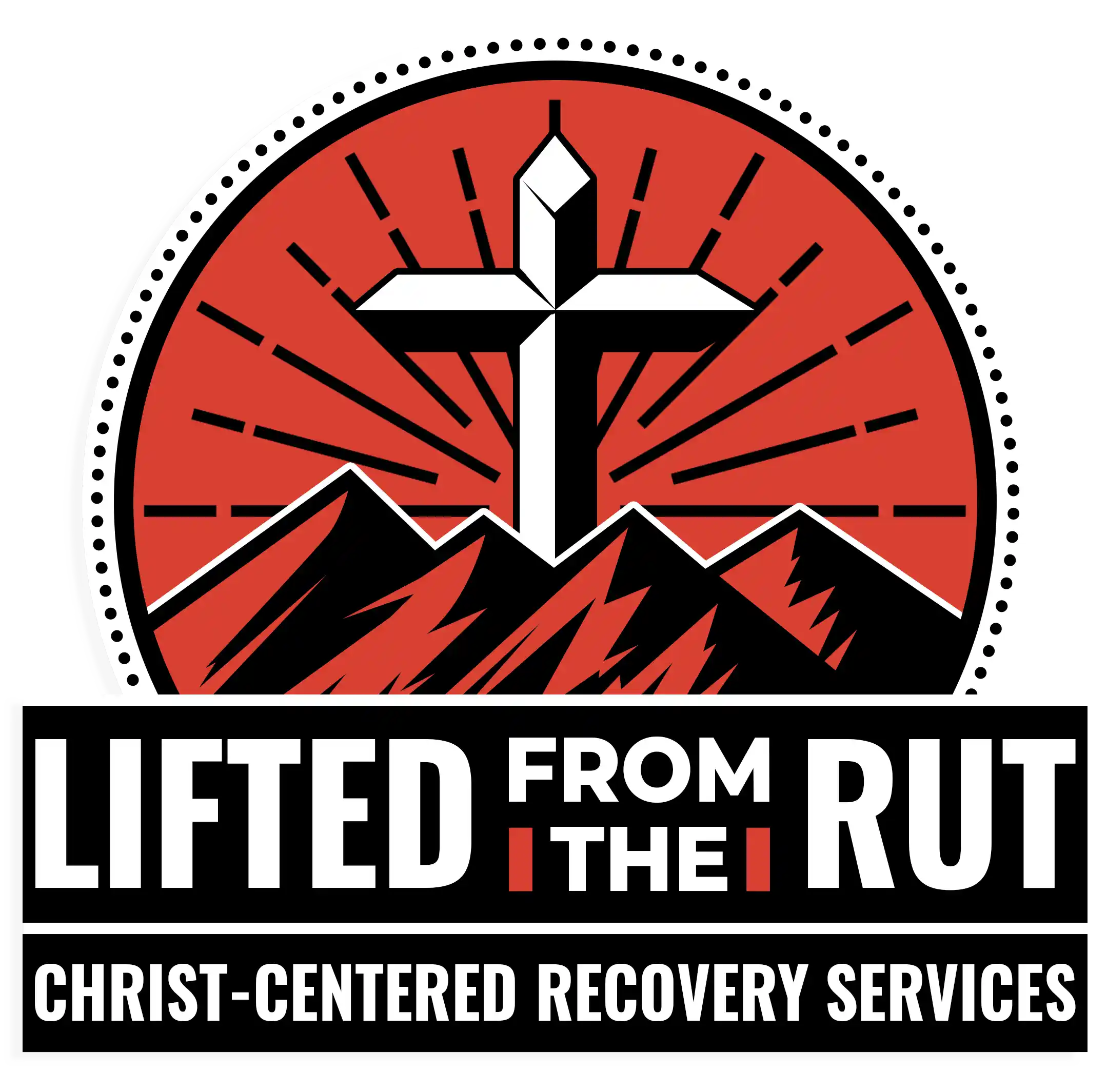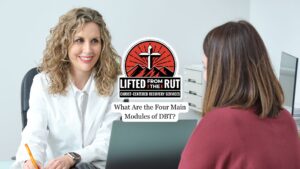When battling drug or alcohol addiction, you face a critical choice: faith-based or standard treatment. While both aim to help you overcome drug and alcohol abuse, their philosophies and approaches differ significantly.
This article will highlight the distinctions between these two recovery programs and thus help you choose the treatment path that best aligns with your beliefs, values, and recovery goals.
Faith-Based Addiction Treatment
When seeking addiction treatment, you may come across faith-based and community initiatives that integrate spiritual beliefs and practices into the recovery process. These drug treatment options offer a holistic approach, addressing your physical, mental, and spiritual needs.
Faith-based treatment incorporates evidence-based therapies like Cognitive Behavioral Therapy (CBT) and Dialectical Behavior Therapy (DBT), which are typically offered in outpatient settings, alongside spiritual activities such as prayer and Bible study. You’ll benefit from a strong support network of peers who share your beliefs, fostering a sense of belonging during addiction recovery.
Research suggests that engaging in faith-based programs can lead to improved self-esteem and higher rates of community involvement. Spiritual activities, beliefs, and rituals are prioritized, providing structure and discipline that can be beneficial in your journey towards lasting sobriety and a healthier, more fulfilling life.
Standard Addiction Treatment
In contrast to faith-based programs, standard addiction treatment relies heavily on evidence-based therapies and medical interventions to help you overcome drug abuse.
You will engage in individual and group therapy sessions that focus on developing coping skills, identifying triggers, and learning relapse prevention strategies. These programs emphasize the biological, psychological, and social aspects of addiction, utilizing CBT and DBT to address underlying issues.
Medication-assisted treatment may also be incorporated to supervise withdrawal symptoms and reduce cravings. While standard treatment can be effective, it may not address the spiritual component that some individuals find crucial for their recovery journey.
The choice between faith-based and standard addiction treatment depends on your personal beliefs and preferences.
Core Philosophies
While conventional programs emphasize individual responsibility and self-efficacy, the faith-based approach prioritizes the belief in a higher power’s role in the recovery process. This philosophy fosters a sense of purpose and community among participants, as they unite through shared spiritual beliefs.
Faith-based treatment recognizes that addiction affects not only the body but also the mind and spirit. By incorporating spiritual healing practices, such as prayer and scriptural study, these programs aim to address the root causes of addiction holistically.
They highlight the importance of forgiveness and redemption, helping individuals alleviate feelings of guilt and shame that often accompany substance use, ultimately promoting lasting recovery.
In contrast, standard addiction treatment is grounded in scientific and medical principles, viewing addiction primarily as a chronic brain disease that alters neurobiology and behavior. These programs focus on evidence-based therapies, such as cognitive-behavioral therapy, medication-assisted treatment, and counseling address the psychological, behavioral, and social dimensions of addiction.

Community and Support
Faith-based addiction treatment programs cultivate a strong sense of community, leveraging the power of shared spiritual beliefs to foster a supportive environment for recovery.
You’ll find that these programs often incorporate group activities, such as Bible studies and prayer circles, which facilitate bonding and a sense of belonging among participants.
Research shows that religious convictions positively correlate with social outcomes, including increased self-esteem and volunteerism, which are vital for building a supportive network in faith-based recovery.
The presence of mentors with shared beliefs can provide extra emotional and spiritual support, reinforcing the community-oriented approach.
Meanwhile, standard addiction treatment emphasizes peer support and therapeutic alliances within a secular framework, often through group therapy, mutual aid groups, and structured therapeutic communities. Here, support is built on shared experiences of addiction and recovery, focusing on practical strategies, behavioral change, and social reintegration.
Peer support in standard programs has been shown to increase engagement, reduce relapse rates, and diminish feelings of shame and guilt, while therapeutic communities use the collective environment as a primary agent of change, promoting self-help, mutual aid, and social responsibility
Treatment Methods and Components
Faith-based addiction treatment centers integrate spiritual beliefs and practices as central components of the recovery process. These addiction treatment programs often draw on religious teachings, prayer, scripture study, and community fellowship to support individuals battling addiction. Participants are encouraged to seek strength, guidance, and forgiveness through a higher power, typically within the context of a specific faith tradition (such as Christianity).
Faith-based programs frequently incorporate counseling with spiritual advisors, communal prayer and worship services, religious text study such as the Bible, and 12-step programs.
On the other hand, the standard addiction treatment, often described as evidence-based programs, focuses primarily on medical, psychological, and behavioral interventions. Recovery programs are grounded in scientific research and clinical best practices, aiming to address the biological, psychological, and social aspects of alcohol or drug addiction.
Standard addiction rehab usually uses medical detox, CBT, Motivational Interviewing (MI), teaching clients about addiction, triggers, and coping strategies, and Medication-Assisted Treatment (MAT) in the recovery journey.
Effectiveness and Outcomes
Outcomes of standard addiction rehab tend to be measurable and quantifiable, with success often defined by sustained abstinence, improved psychosocial functioning, and reduced relapse rates. It excels in managing the medical complexities of addiction and providing evidence-based psychological tools.
Faith-based alcohol or drug addiction treatment programs often have higher engagement and retention rates compared to standard treatments. The spiritual support and community aspects seem to play a significant role in the treatment process.
Individuals in faith-based programs demonstrate improved self-esteem and social outcomes, with religious beliefs correlated to positive recovery results.
The emphasis on spiritual activities like prayer and group worship enhances emotional resilience and coping skills.
Moreover, evidence suggests that the integration of spiritual practices in faith-based addiction treatment leads to lower relapse rates, as they promote accountability and a more comprehensive healing process.
Choosing the Right Approach
Choosing the right addiction treatment process is a personal decision that requires careful consideration of your beliefs, values, and recovery goals.
If you find that spirituality plays a significant role in your life, a faith-based addiction treatment program may resonate with you more than a standard approach. These programs integrate spiritual practices and beliefs into the recovery process, providing a holistic approach to healing.
However, if you prefer a secular approach, a traditional substance abuse treatment program that focuses on evidence-based therapies might be a better fit.
It is essential to select a program that aligns with your personal convictions and offers the support you need to achieve lasting recovery. Trust your instincts and choose the path that feels right for you.
Final Thoughts from LFTR Christian Rehab Services
At Lifted From The Rut, we provide comprehensive faith-based addiction treatment designed to help individuals and families affected by addiction to restore hope and relationships by reconnecting with a higher power. Our treatment programs in Littleton, Colorado, cover pre-intervention planning involving your family and friends, strategic treatment plans tailored for your loved one and family, transporting you to a rehab facility, structured family coaching programs, and post-treatment recovery coaching and aftercare plans.





